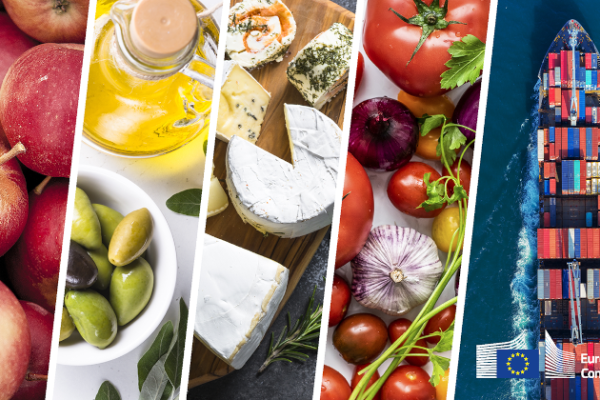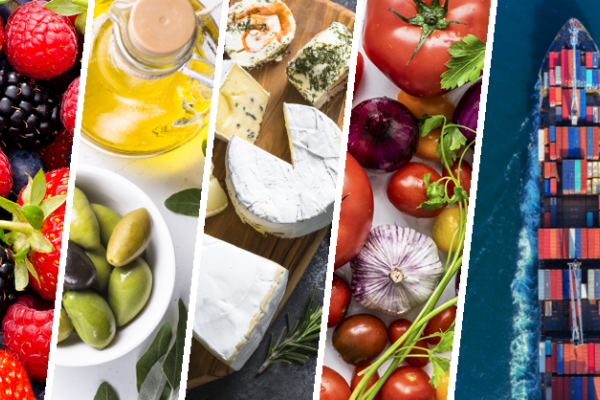Following the publication of new rules to simplify and clarify wine making practices in the EU in June 2019, and as required by those rules, the European Commission has published today in all EU languages the detailed files of the International Organisation of Vine and Wine (OIV) code of oenological practices.
These files are presented in a way that is easier to read and to understand. This will allow wine makers to quickly identify authorised practices in the EU as well as all related requirements.
The oenological practices are defined, their objectives highlighted, as well as their conditions of use and the types of wines to which they apply. They include various types of fermentation, of treatments, of pasteurisation or ways to acidify or de-acidify wine.
Background
The new rules adopted earlier this year were the last step in the alignment of the wine legislation to the Lisbon Treaty by the European Commission. It simplifies the requirements in wine making while increasing the consistency between on the one hand EU oenological practices and on the other hand the international code of oenological practices and international oenological codex of the International Organisation of Vine and Wine.
Prior to this legislation, rules on the following elements of EU wine legislation were updated for alignment to the Lisbon Treaty:
- presentation and labelling of wine,
- authorisations for vine plantings,
- checks to avoid fraud in the wine sector,
- vineyard register and
- the documents that are to accompany imports and exports.
Related links
Details
- Publication date
- 5 December 2019
- Author
- Directorate-General for Agriculture and Rural Development



